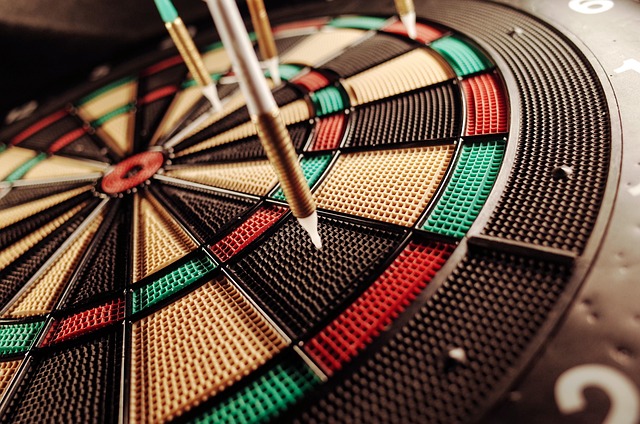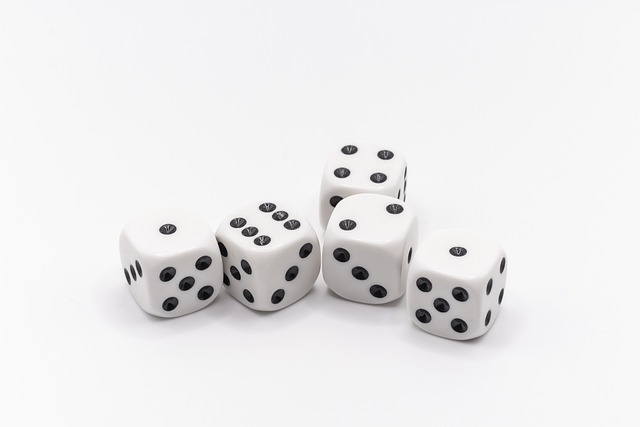
The Dice Roller
The dice roller is a versatile tool that simulates the act of rolling dice, which is a common practice in various games and activities. Whether for tabletop games, role-playing games, or even simple decision-making, a dice roller can provide a quick and efficient way to generate random numbers.
Types of Dice
Dice come in various shapes and sizes, each with a different number of faces. The most common types include:
- 4-sided dice (d4): Often used in role-playing games, these dice have four triangular faces.
- 6-sided dice (d6): The most familiar type, commonly used in board games and gambling.
- 8-sided dice (d8): Used in various games, these dice have eight triangular faces.
- 10-sided dice (d10): Frequently used for percentile rolls in gaming.
- 12-sided dice (d12): Less common, but still used in specific games.
- 20-sided dice (d20): A staple in many role-playing games, particularly Dungeons & Dragons.
How Virtual Dice Rollers Work
Virtual dice rollers utilize pseudo-random number generating algorithms to simulate the randomness of physical dice. While these algorithms are not truly random, they can produce results that closely mimic the unpredictability of rolling actual dice. This makes them a reliable option for players who need to roll dice without the physical components.
Benefits of Using a Virtual Dice Roller
There are several advantages to using a virtual dice roller:
- Convenience: No need to carry physical dice; just access the roller online or through an app.
- Customization: Many virtual rollers allow users to select the number of faces and the quantity of dice to roll.
- Accessibility: Ideal for remote gaming sessions where players may not have physical dice on hand.
- Speed: Quickly generates results, saving time during gameplay.
Applications of Dice Rollers
Dice rollers are used in various contexts:
- Tabletop Games: Essential for games like Dungeons & Dragons, where dice rolls determine outcomes.
- Board Games: Many traditional board games rely on dice rolls for movement and actions.
- Decision Making: Can be used in casual settings to make choices, such as selecting a restaurant or activity.
- Education: Useful in teaching probability and statistics in a hands-on manner.
Conclusion
The dice roller is an essential tool for gamers and casual users alike. Its ability to simulate the randomness of physical dice makes it a practical choice for various applications. Whether for serious gaming or light-hearted decision-making, understanding how to use a dice roller can enhance the experience.

















 Making Waves with Ocean Life It Girl in Roblox
Making Waves with Ocean Life It Girl in Roblox 
 Health
Health  Fitness
Fitness  Lifestyle
Lifestyle  Tech
Tech  Travel
Travel  Food
Food  Education
Education  Parenting
Parenting  Career & Work
Career & Work  Hobbies
Hobbies  Wellness
Wellness  Beauty
Beauty  Cars
Cars  Art
Art  Science
Science  Culture
Culture  Books
Books  Music
Music  Movies
Movies  Gaming
Gaming  Sports
Sports  Nature
Nature  Home & Garden
Home & Garden  Business & Finance
Business & Finance  Relationships
Relationships  Pets
Pets  Shopping
Shopping  Mindset & Inspiration
Mindset & Inspiration  Environment
Environment  Gadgets
Gadgets  Politics
Politics 